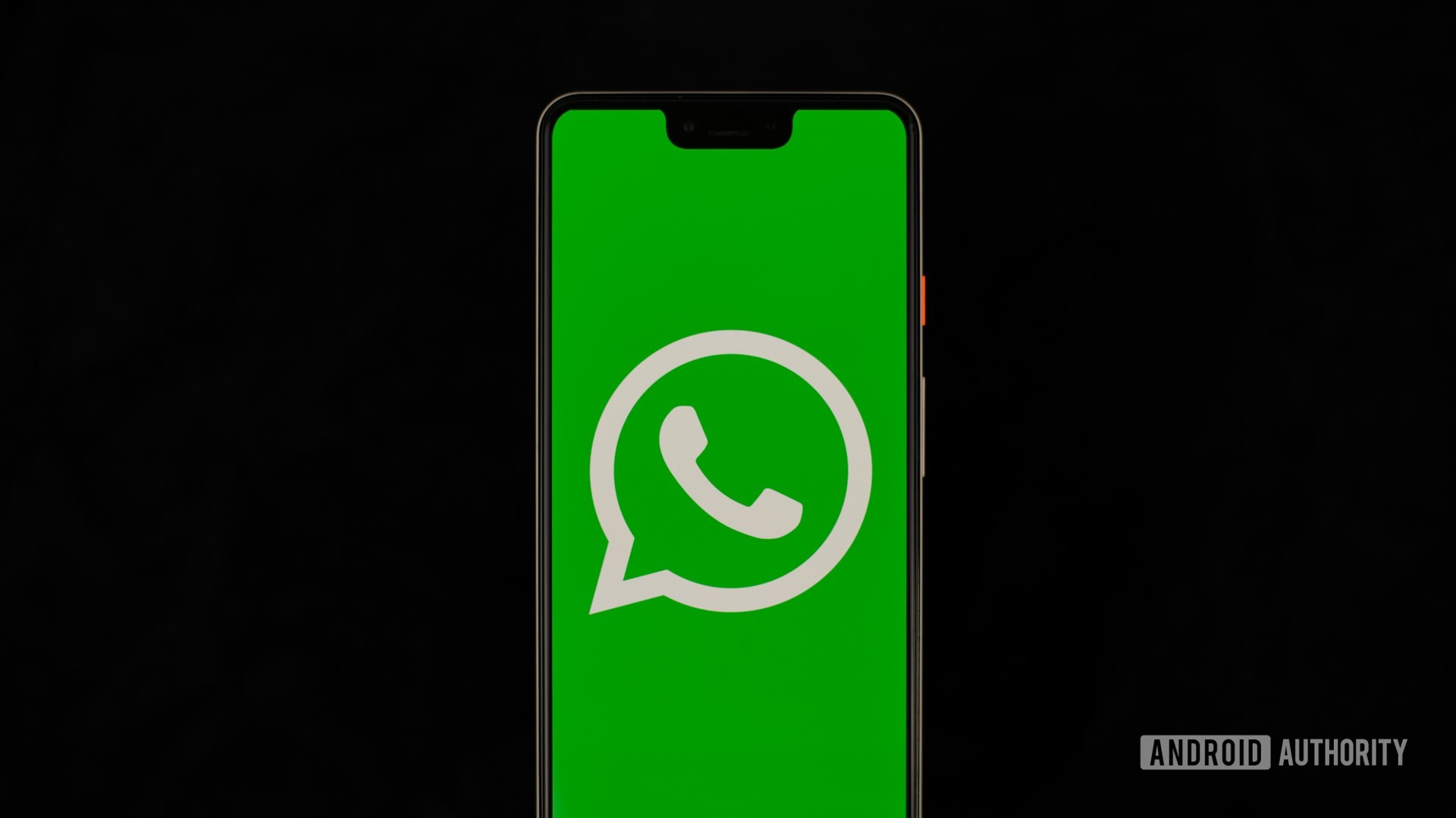Affiliate links on Android Authority may earn us a commission. Learn more.
Report: WhatsApp is bringing face unlock support to Android

- WhatsApp will reportedly gain face unlocking support on Android in a future update.
- The app is also set to make joining an ongoing group call easier with missed call notifications.
WhatsApp is reportedly bringing two features to the app in a future stable release. The first will appeal to those who regularly miss group calls, while the second will likely charm Google Pixel 4 users in particular.
As described by tipster WABetaInfo, users may soon be able to join ongoing group calls that they have missed through a new prompt. If a contact invites an unavailable user to a call, that user can then join or ignore said ongoing call the next time they open WhatsApp. It’s a feature that’s seemingly meant to streamline group calls. Functionally, it would also bring WhatsApp closer to the likes of Zoom and Skype that allow users to join ongoing calls at will.
Read more: The best messenger and chat apps for Android
Future WhatsApp builds on Android will also get a feature that first arrived on iOS. Fingerprint lock will be renamed to “Biometric lock” and will expand to cover face unlock and “other unique identifiers.” The general functionality of the feature remains the same. Users can choose to automatically lock the app after a period and can unlock it using their fingerprint or face.
It’s a welcome feature for Android devices like the Pixel 4 that chiefly rely on facial unlock. It should now allow these users to further bolster the security of the chat app. It’s unclear if other novel authentication methods, like LG’s Hand ID, would be supported.
There’s no timeline for the release of these features to WhatsApp’s stable builds, but they seem easier to integrate than the long-awaited linked device feature.